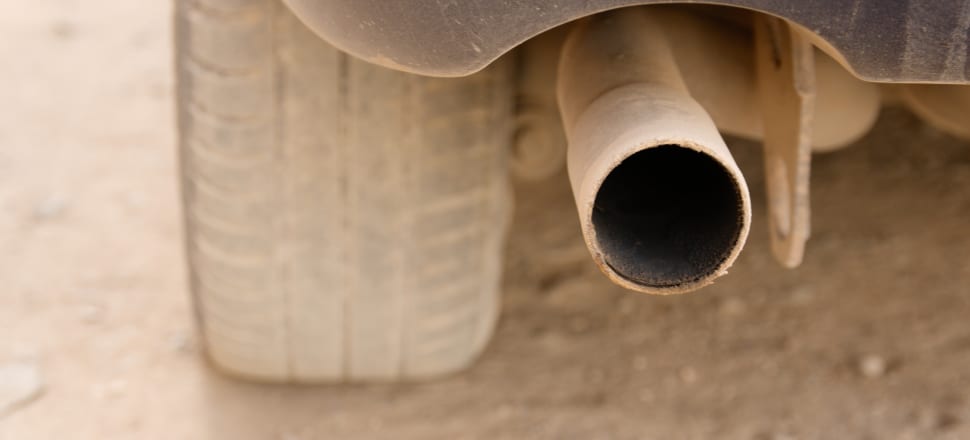
Increased car travel due to fuel tax reductions will see carbon emissions equal to up to a month of burning at Huntly released into the atmosphere, Marc Daalder reports
The 25 cent cut to fuel excise duty is expected to lead to a 1 to 2 percent increase in car travel while the policy is in effect, officials estimated in June.
At the time, the policy was slated to be in place for just five months. That has now been more than doubled to 10-and-a-half months. The shorter version would release an extra 54,000 to 99,000 tonnes of greenhouse gas emissions, according to a Cabinet paper released to Newsroom under the Official Information Act.
The paper is part of a tranche of documents that Ministry of Transport officials initially refused to release, saying they would be published on the website within eight weeks. That release was delayed further and the ministry was forced to provide the documents to Newsroom by the Ombudsman.
In the June Cabinet paper, Transport Minister Michael Wood and Energy and Resources Minister Megan Woods say a formal assessment of climate impacts from the policy isn't strictly required. Nonetheless, "a [climate] disclosure has been provided as the estimated emissions impact is significant over the short time of the proposal".
That document shows reduced fuel excise and road user charges would lead to a 1 to 2 percent increase in vehicle kilometres travelled over the five-month period and a corresponding increase in emissions of 54,000 to 99,000 tonnes.
If that rate of emissions persists through the five-and-a-half month extension to the policy, which was announced in July, the tax cuts could ultimately result in more than 200,000 tonnes of greenhouse gas pollution.
For context, the Huntly Power Station released 2.2 million tonnes in 2022. The cost of living policy could see emissions equal to more than a month of burning at Huntly released into the atmosphere.
The numbers provided in the Cabinet paper don't include any potential emissions slashing impact of halving public transport fares, but Wood and Woods wrote that this policy would likely have a negligible effect on emissions.
"Officials consider this impact is likely to be minimal given that increased public transport use is likely substituting for a range of other modes, including active modes," the ministers wrote.
An earlier tranche of documents released to Newsroom by the transport ministry after an Ombudsman complaint showed that Cabinet considered making public transport entirely free when the cost of living package was first mooted, but ultimately decided against it.
When asked about that decision, Wood said the Government wanted to offer similar subsidies to commuters regardless of what mode they selected.
"Broadly speaking, someone who is commuting to and from work each day, five days a week, will save around about $25 a week under the public transport half-price policy. That is roughly comparable with what you might expect from a person filling up their tank once a week [with the 25 cent cut to fuel tax]. We've tried to have a broad level of equity between modes in terms of the cost of living support."
He also told Newsroom at the time that the fuel tax would lead only to "a small increase in overall emissions" but that increased public transport patronage "will somewhat balance that out".
In contrast, the Cabinet paper from June describes the impact as "significant" and talking points prepared for Wood and Woods say it is "large".
The team within the Ministry for the Environment that vets these climate impact assessments said the transport officials' estimates "follow good practice and use reasonable assumptions".







